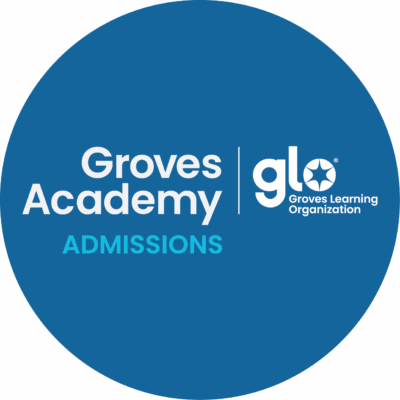Diagnostic Evaluations For Learning Disabilities
Do You Have a Child Who Is Struggling in School?
A comprehensive psychoeducational evaluation from the Groves Learning Center can shed light on how your child learns and what you can do to empower them to succeed in school.
Psychologists at Groves Learning Center go beyond the diagnosis to empower parents, guardians, and students with a clear understanding of the learning challenges and provide tools and a plan of action that ignites the child’s success.
We provide diagnostic evaluations to students of all ages. Our goal is to determine why a student is struggling and where the learning process is breaking down. With this information, we develop a plan that illuminates solutions using proven strategies and interventions.
